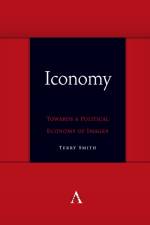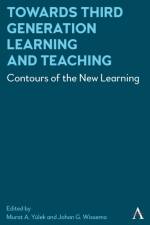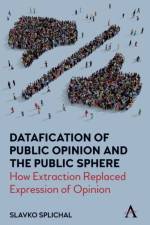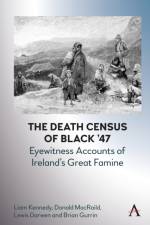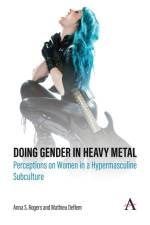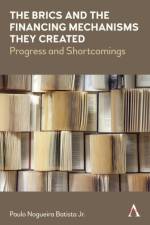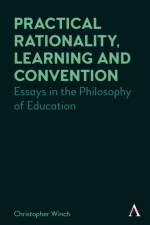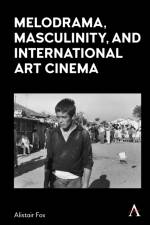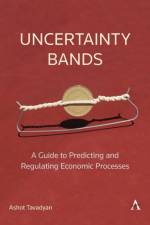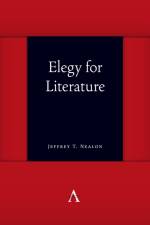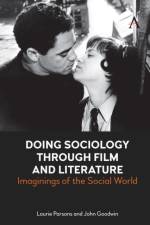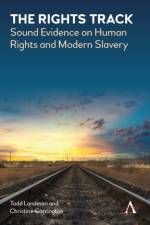av Robert Appelbaum
1 347
Many have wondered why the works of Shakespeare and other early modern writers are so filled with violence, with murder and mayhem. This work explains how and why, putting the literature of the European Renaissance in the context of the history of violence. Personal violence was on the decline in Europe beginning in the fifteenth century, but warfare became much deadlier and the stakes of war became much higher as the new nation-states vied for hegemony and the New World became a target of a shattering invasion. The development of firearms caused a great change in the conduct of war and in the codes of militancy that warriors adopted. (By the early sixteenth century, it became apparent that the purpose of warfare was not to obtain a ritual advantage over one's opponents, but to kill as many people as possible.) Meanwhile, writers became much more sensitive to the realities of violence and developed new genres to cope with them, including the novella, the epic romance, vernacular tragedy and even the utopia, whose first example, by Thomas More, was written as a critique of violence. There are times when Renaissance writers seem to celebrate violence, but more commonly they anatomized it, and were inclined to focus on victims as well as warriors on the horrors of violence as well as the need for force to protect national security and justice. In Renaissance writing, violence has lost its innocence.This study, the first of its kind, looks at key Renaissance texts in the novelle collection, the humanist satire, epic-romance, and vernacular tragedy. Literature in English, French, Italian, Spanish and Latin is considered. The emphasis is, on the one hand, on the performative aspects of the genres and modes considered, and, on the other, the performative aspects of violence itself. The study places both violence and its representations in the context of major historical events, like the Sack of Rome, and developments in the history of violence per se. Authors considered include Giovanni Boccaccio, Matteo Bandello, Marguerite de Navarre, Erasmus of Rotterdam, Thomas More, Matteo Maria Boiardo, Ludovico Ariosto, Torquato Tasso, Edmund Spenser, Giovanni Batista Giraldi Cinthio, Robert Garnier, Thomas Kyd and William Shakespeare.

